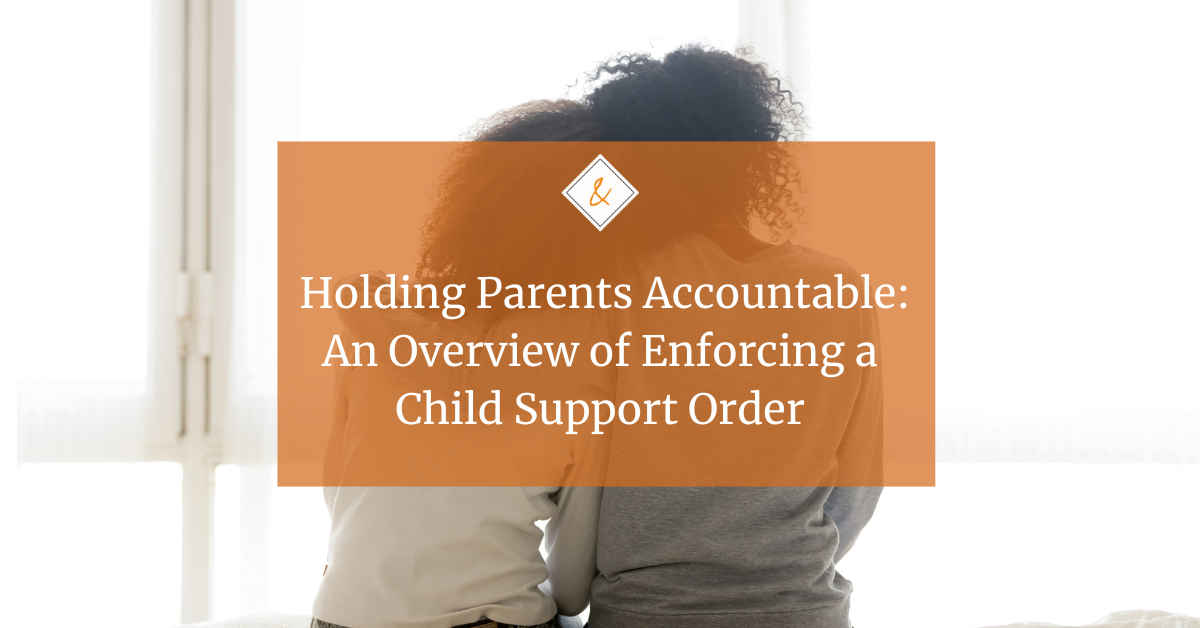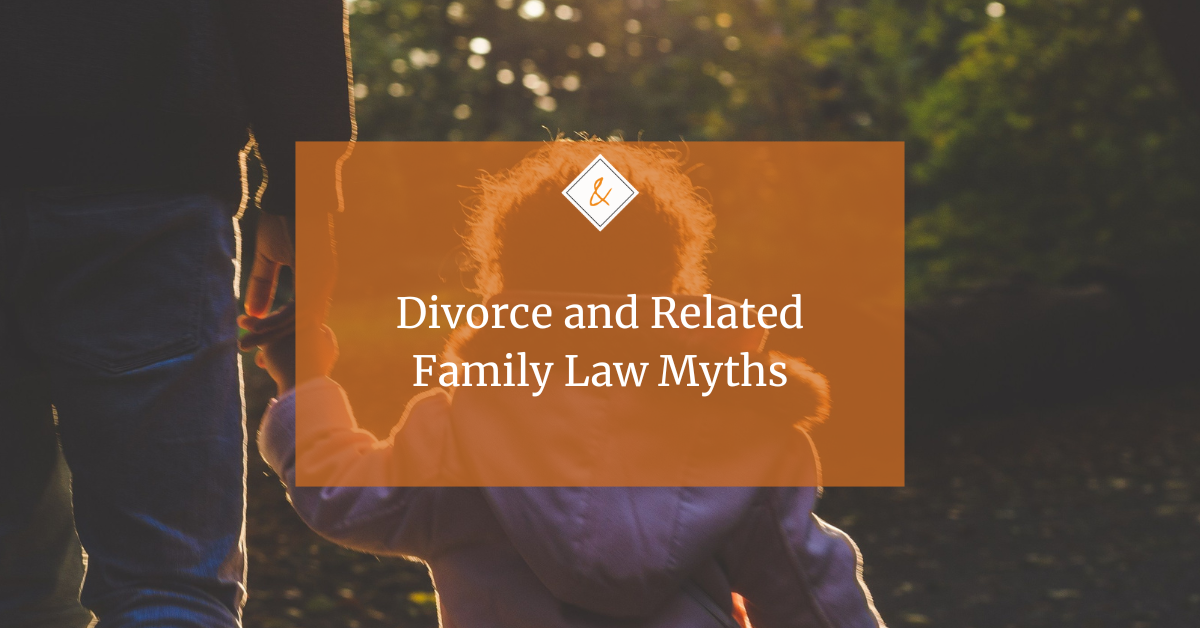Remember when you picked up the telephone to talk to someone or you met them in person? Those days seem to be over. More and more communication is now done with electronic mail, especially when two people don’t love each other anymore and are embroiled in a divorce or custody battle and would prefer not to talk to each other at all, let alone face to face. Here are some e-mail ground rules you should be aware of and follow now that you are a litigant or potential litigant in a family court case.
- Every time you send an e-mail remember that what you say can and will be used against you in a court of law! Every e-mail you send is a potential exhibit in your case.
- Keep e-mails short and to the point. They should convey information and facts only.
- Do not bombard the other party with e-mails. Consider whether the e-mail is really necessary and the reasons for sending it. Consider whether the information should really be coming from your attorney to the other party’s attorney, rather than directly between you and your spouse.
- Do not include any emotional, insulting or disparaging comments about the other party.
- Never use all caps. When you do, it conveys that you are shouting to the other person.
- If you receive an e-mail that is antagonistic do not get sucked in to responding in kind.
- Again, keep your response measured, short and factual.
- Always reread the e-mail before you hit the “send” button to make sure you are following the rules and are not just firing off an e-mail because you are angry.
- Always ask yourself if a judge were to read this e-mail would he or she find it to be problematic or find that you are being unreasonable or insulting to the other party.
- Don’t copy your attorney or your spouse’s attorney on the e-mails. If you want your attorney to get a copy “forward” it to your attorney or send them a “blind copy.”
- If you are unsure about whether an e-mail is appropriate to send, you may want to have your attorney review it first.


